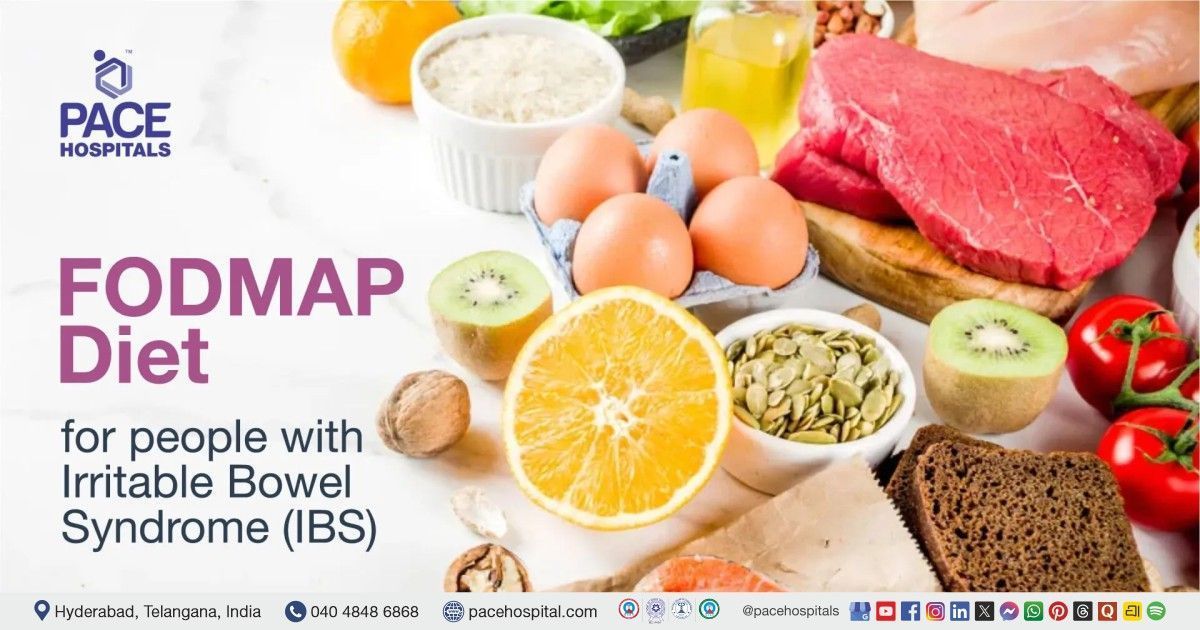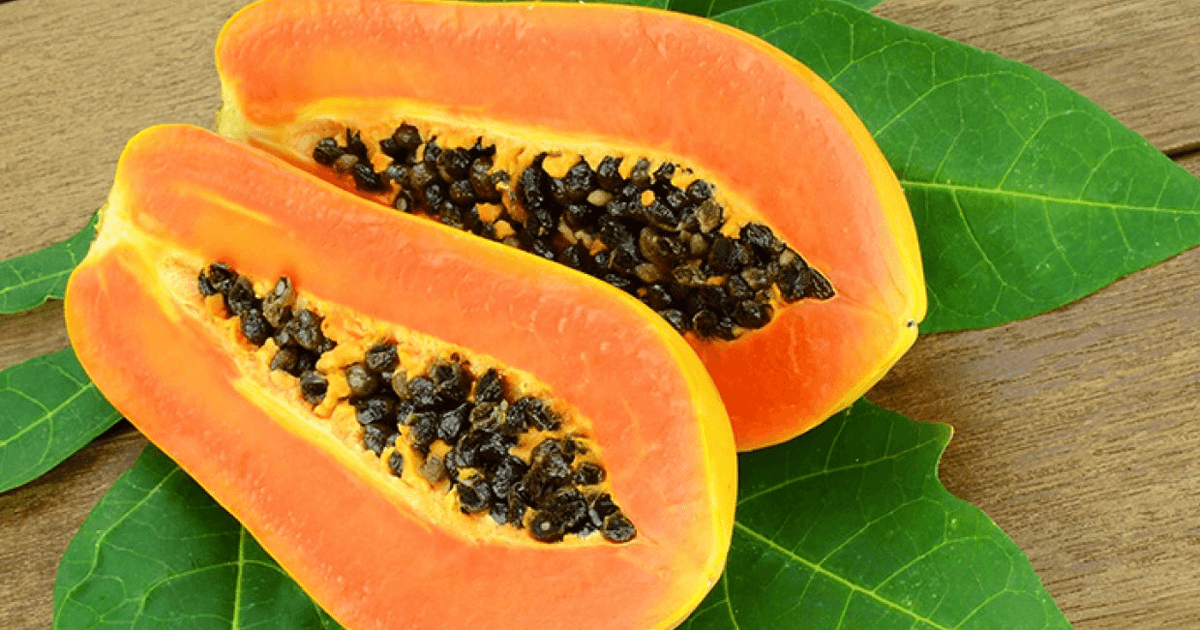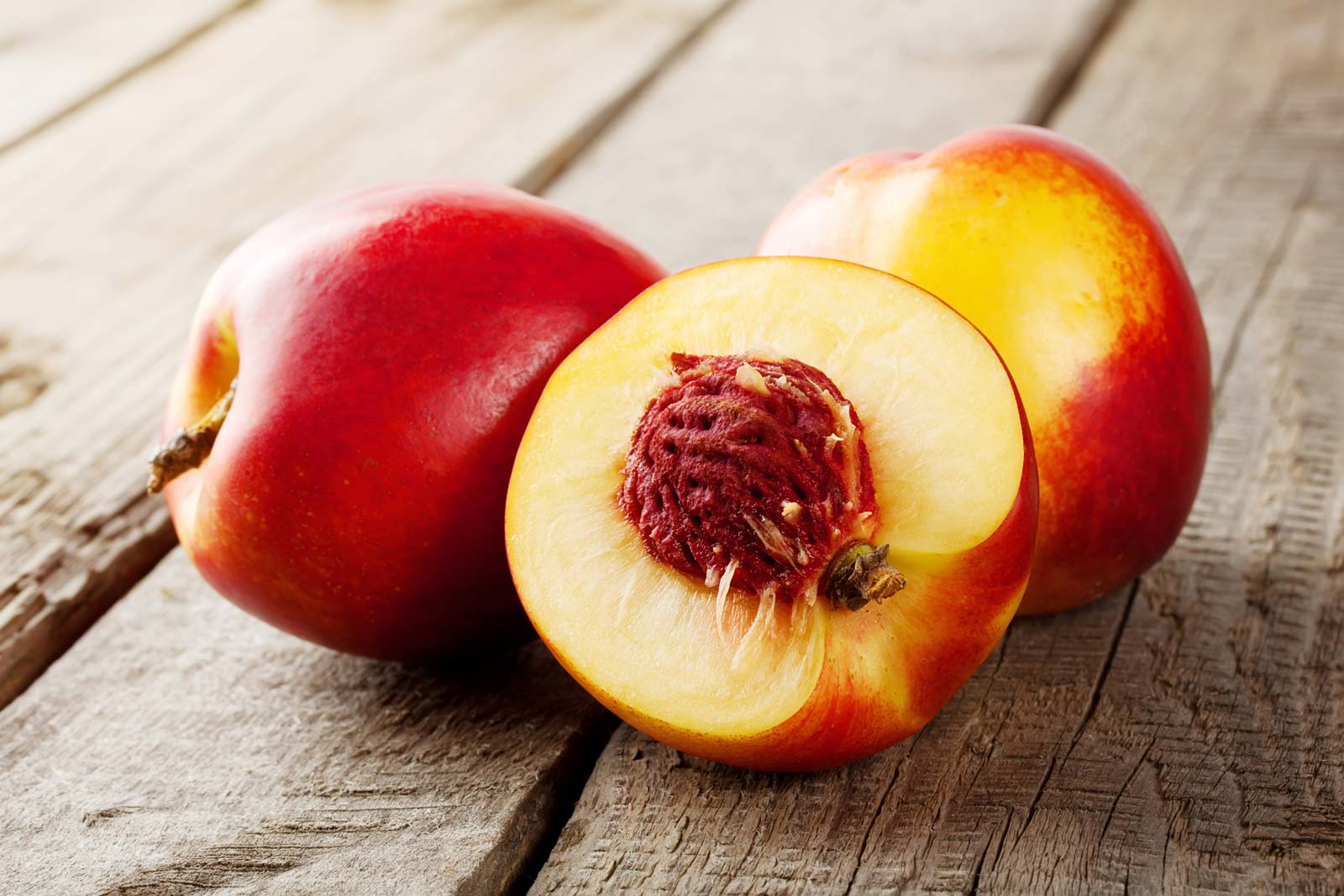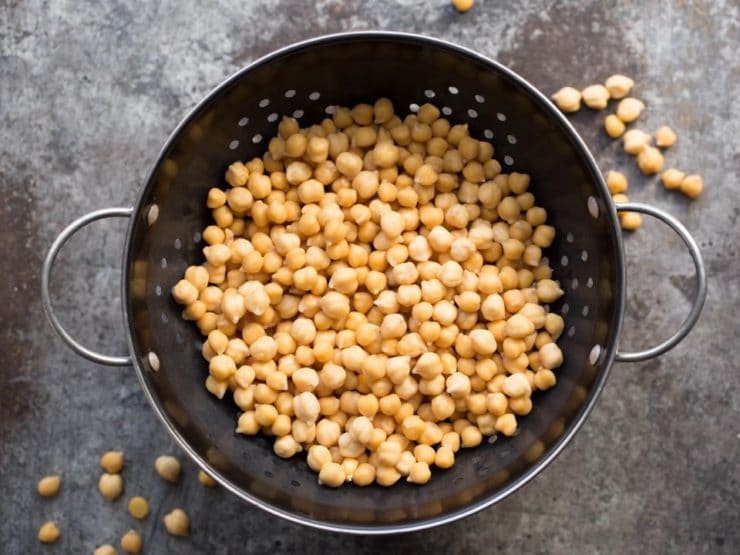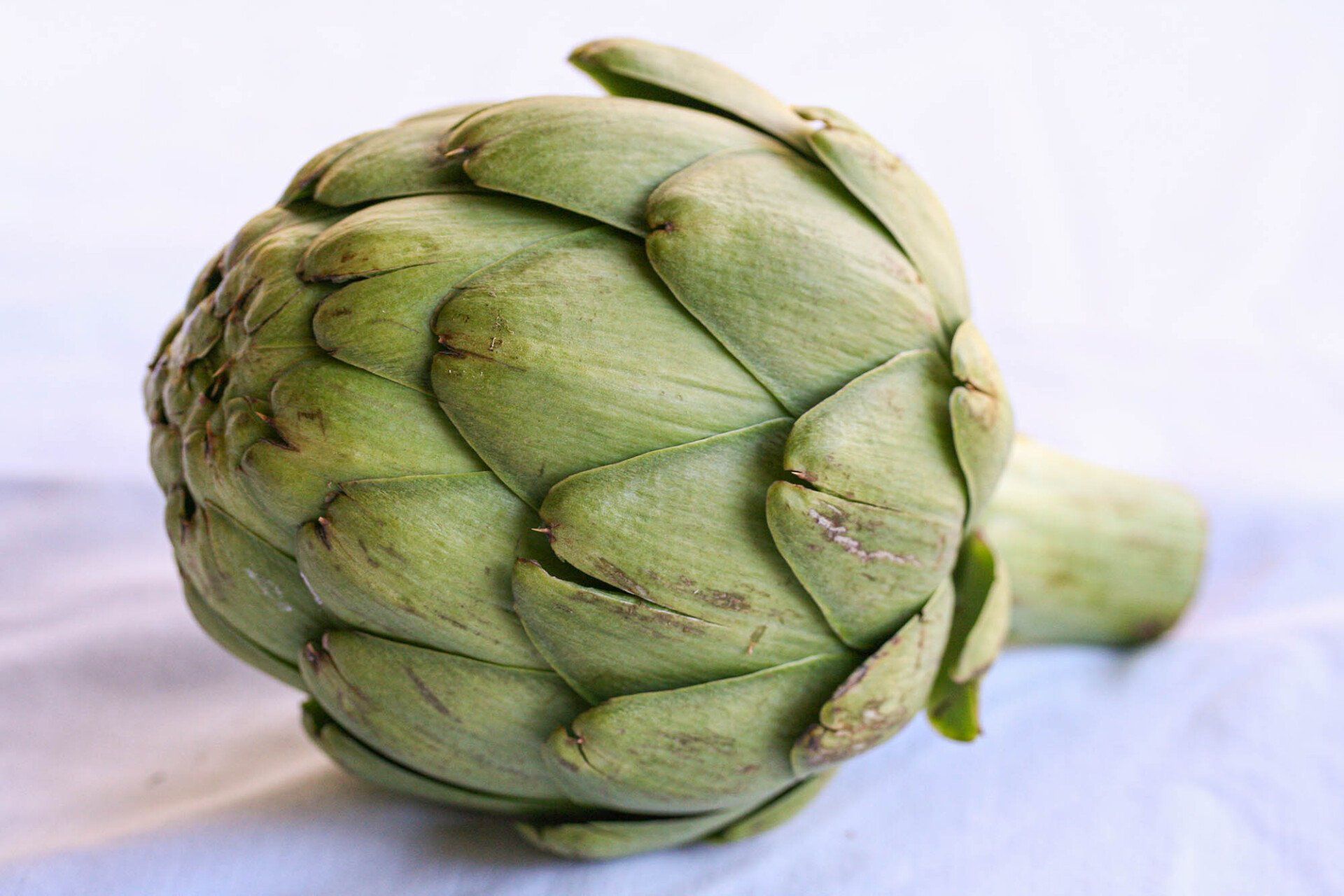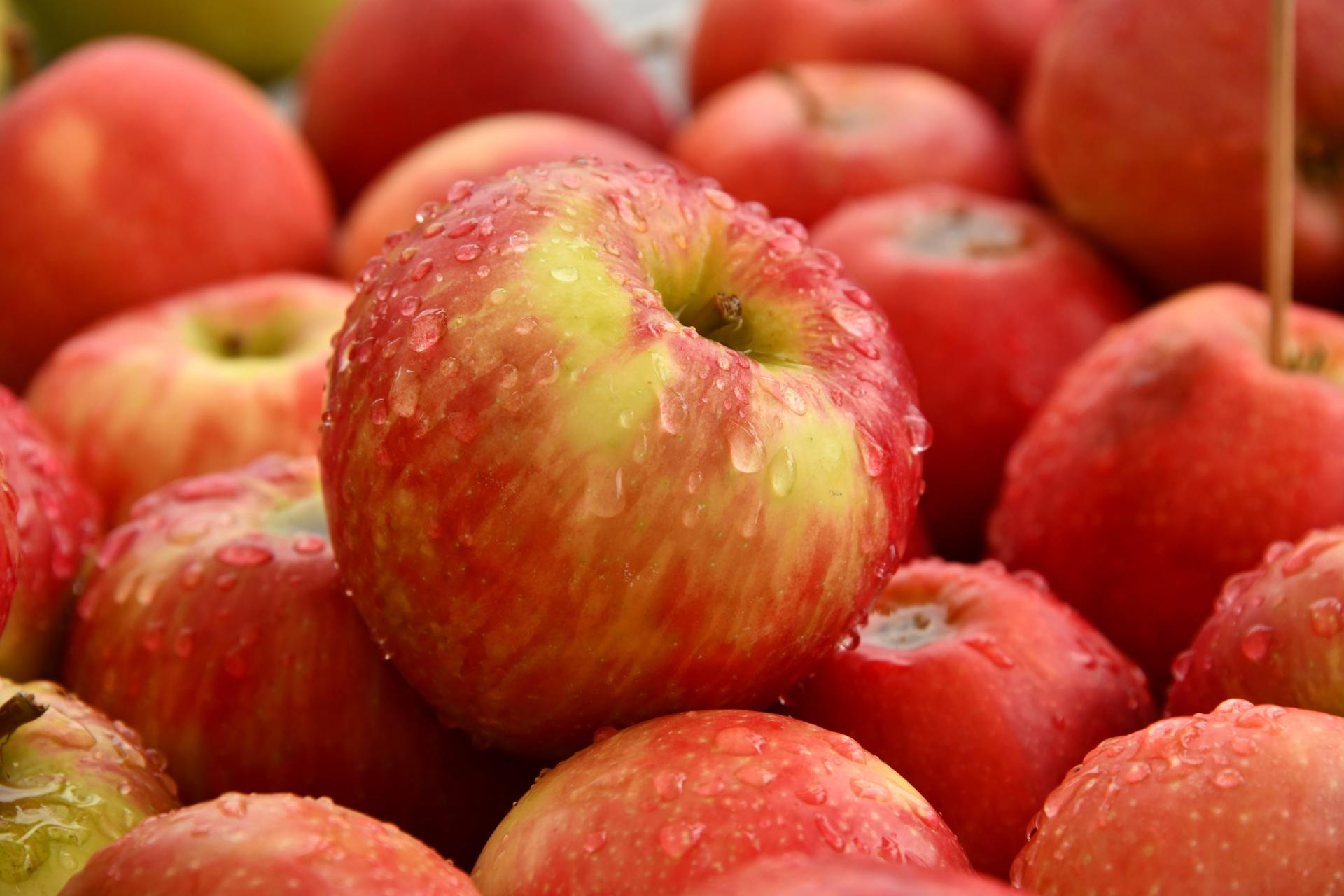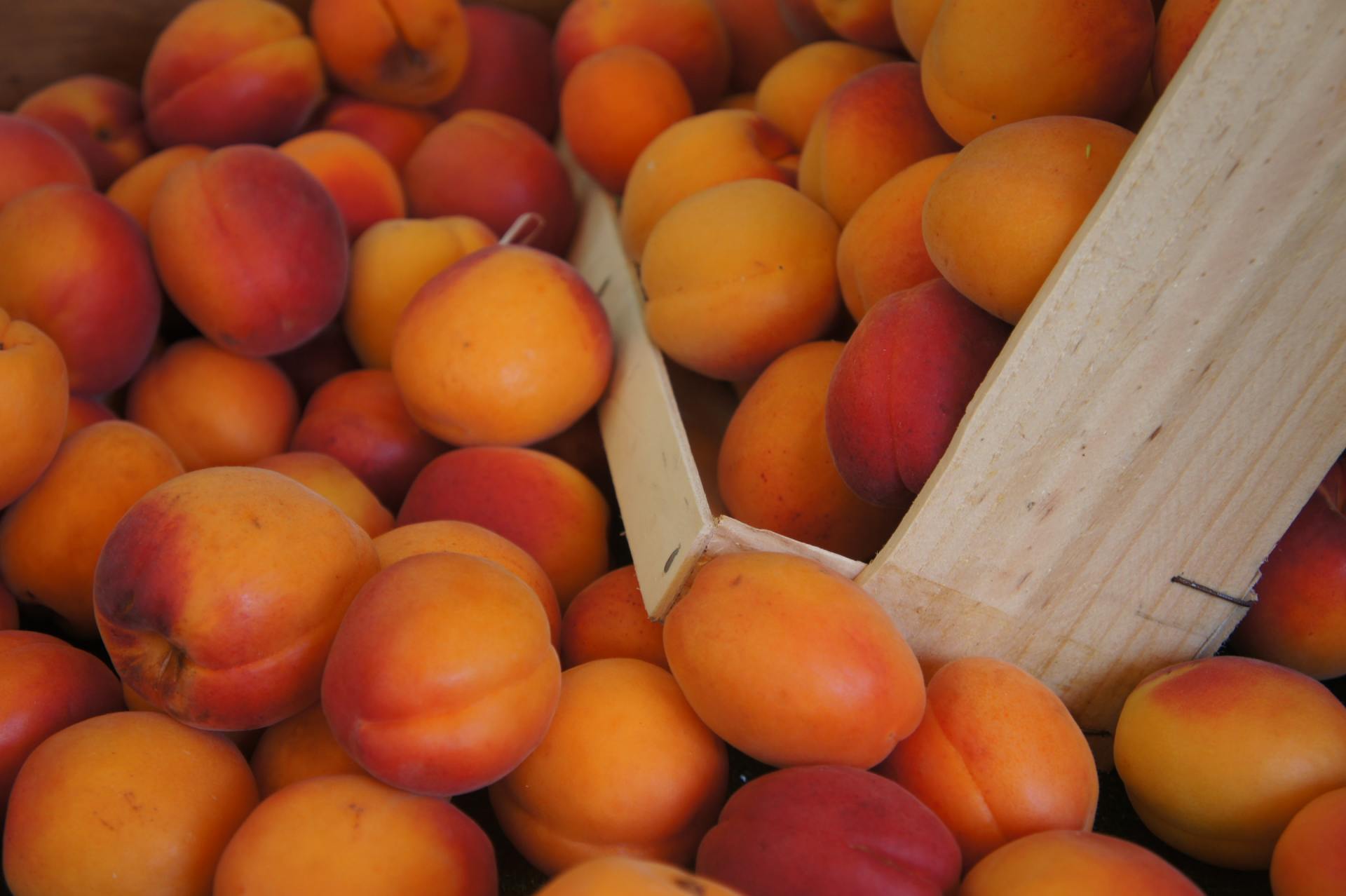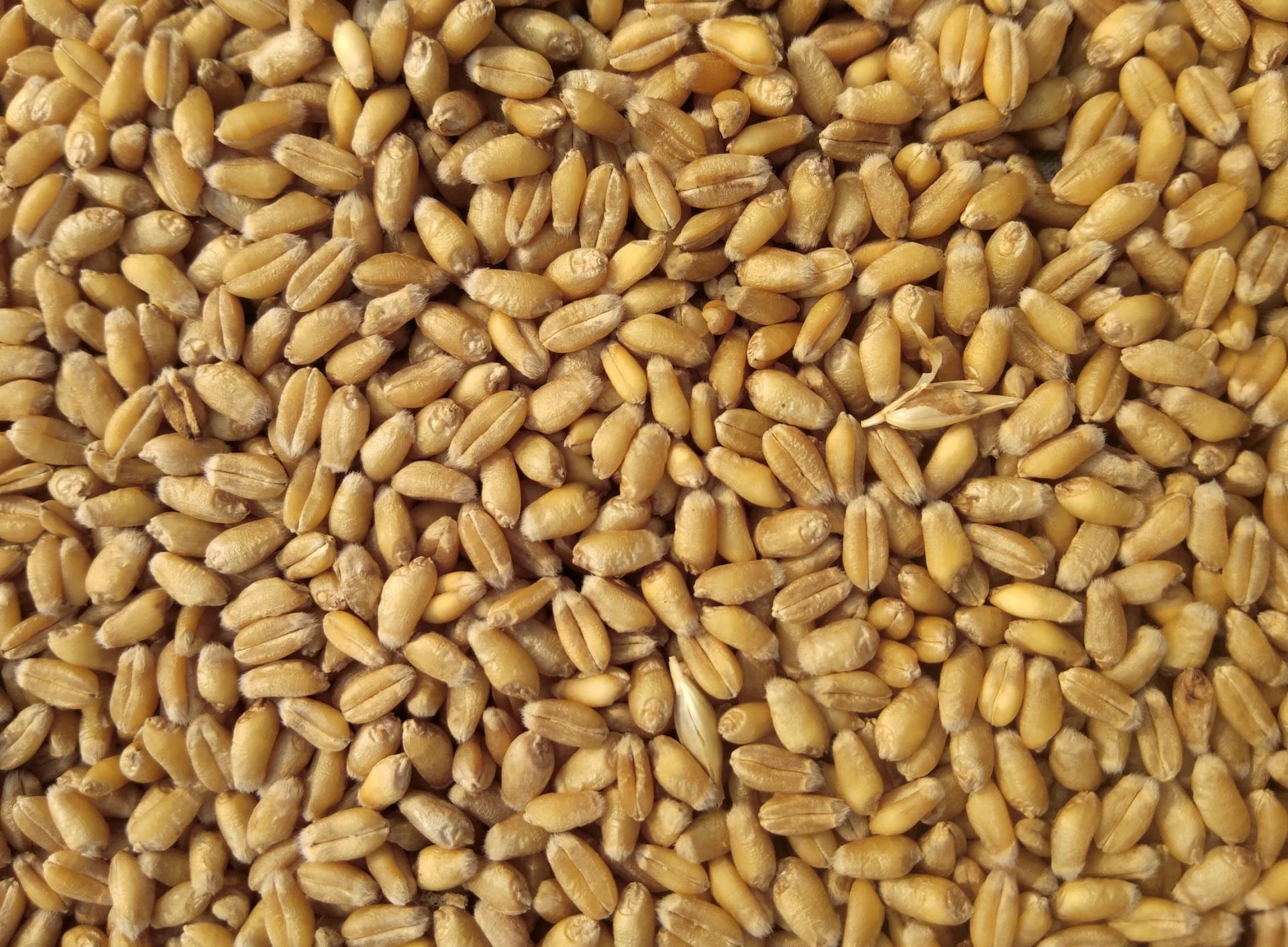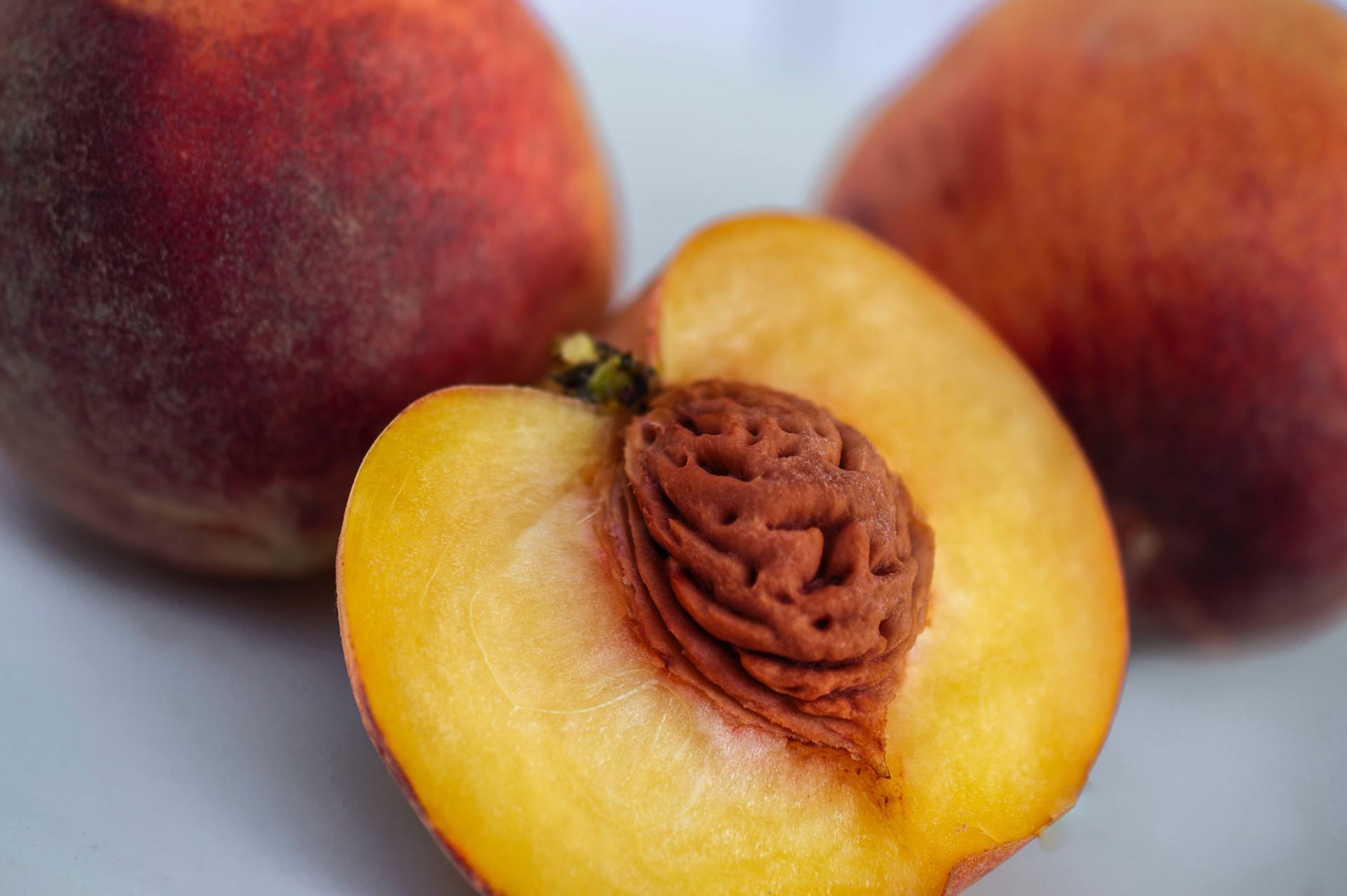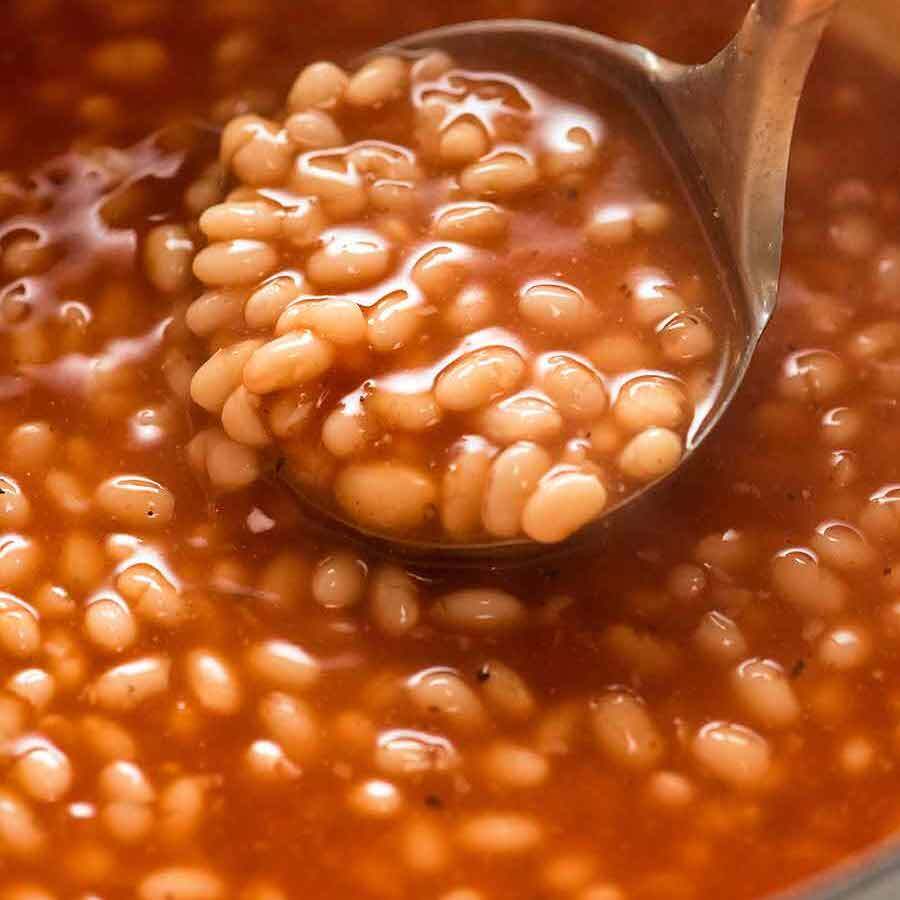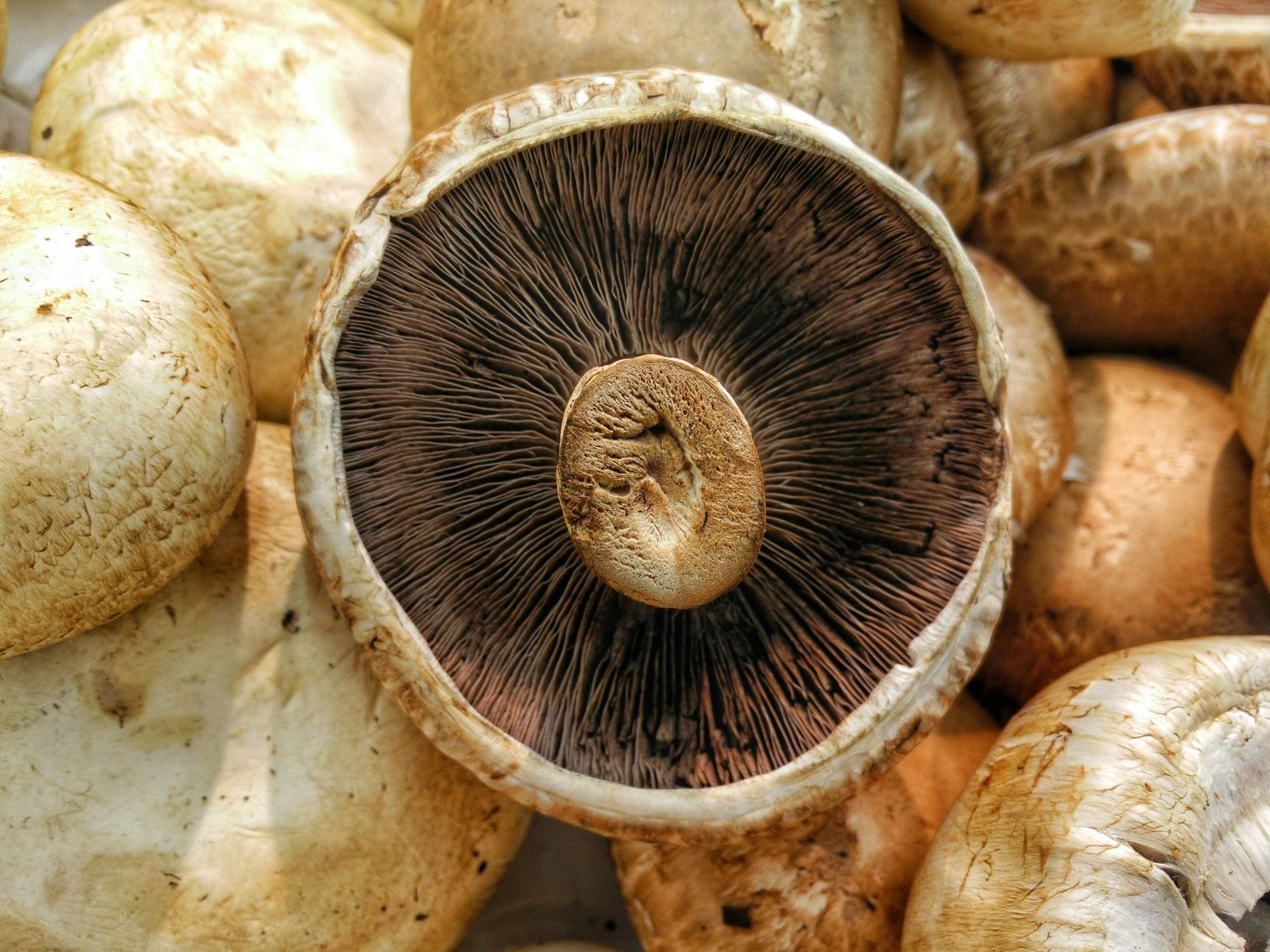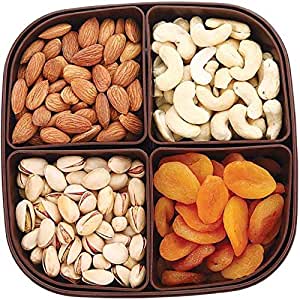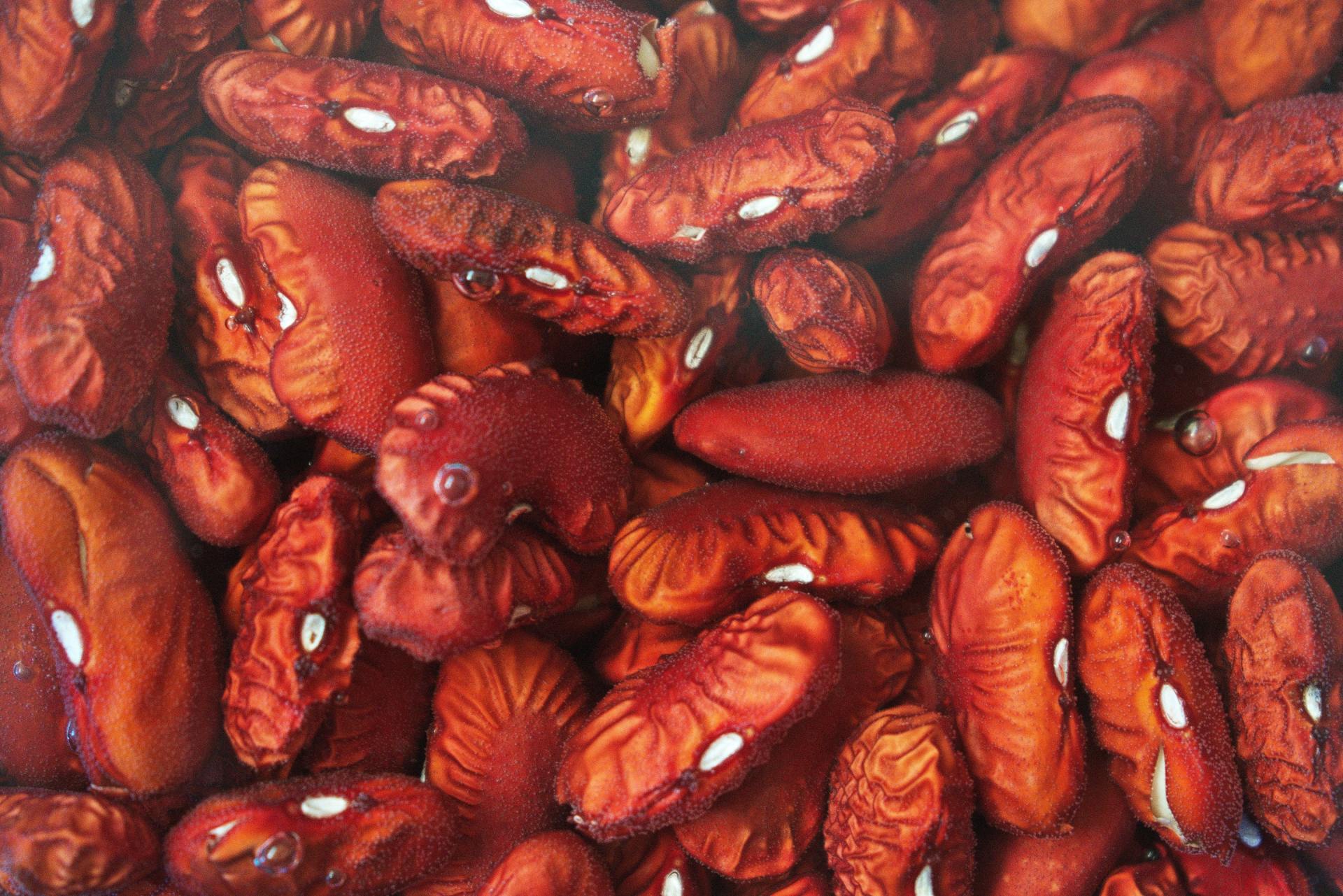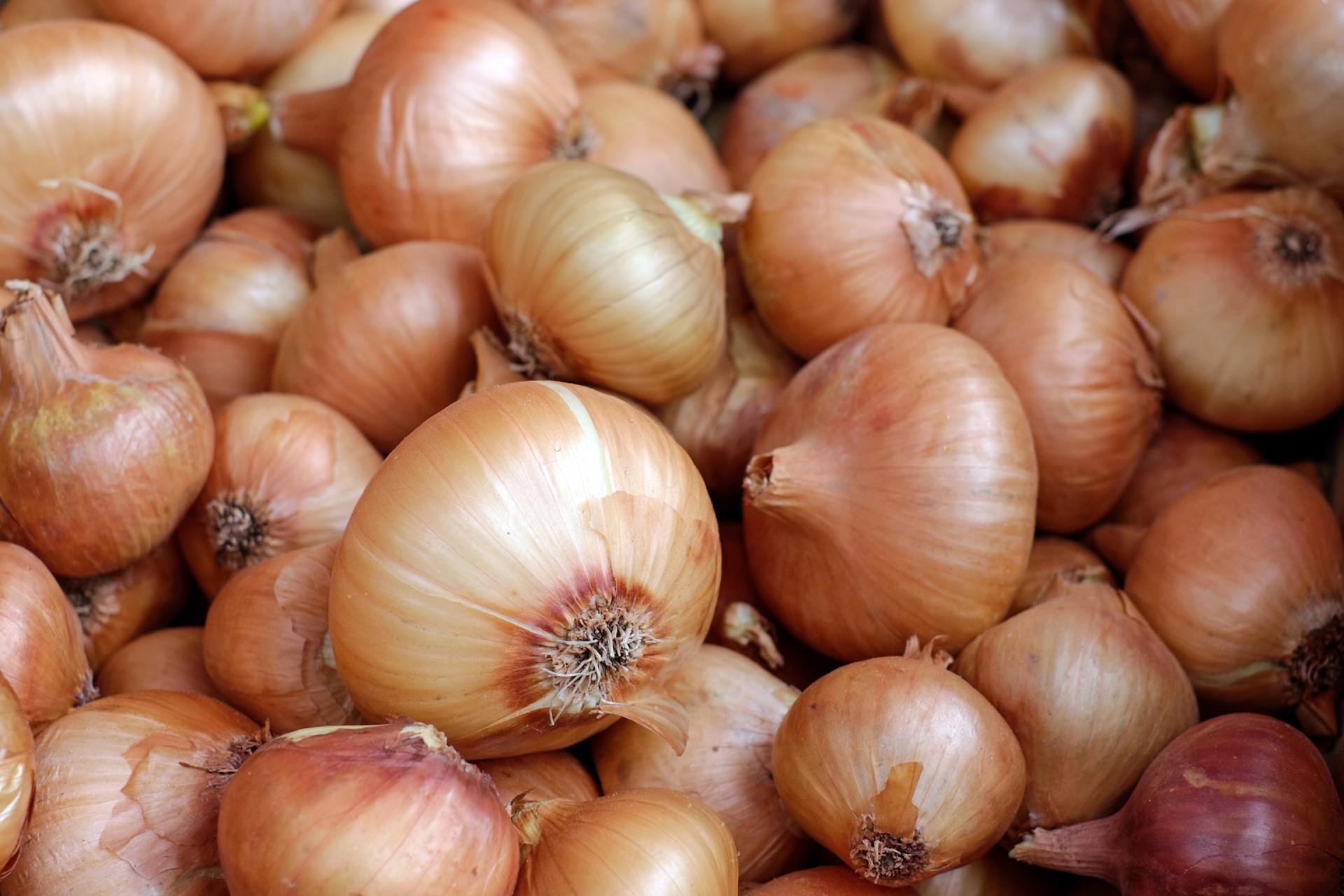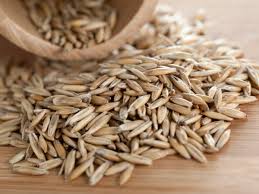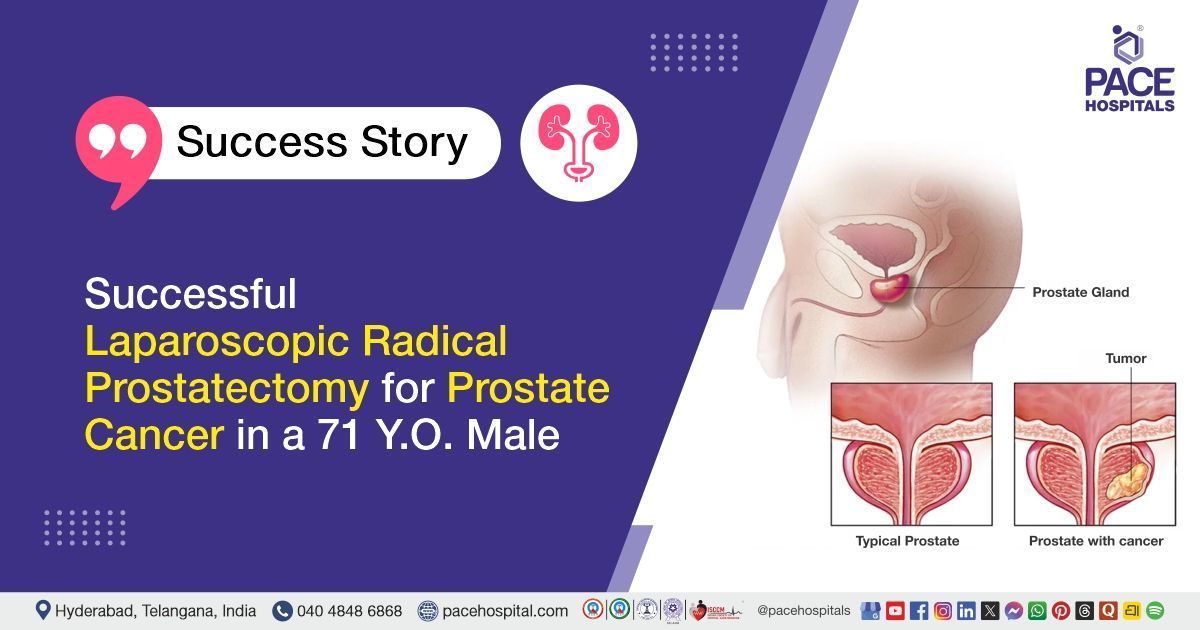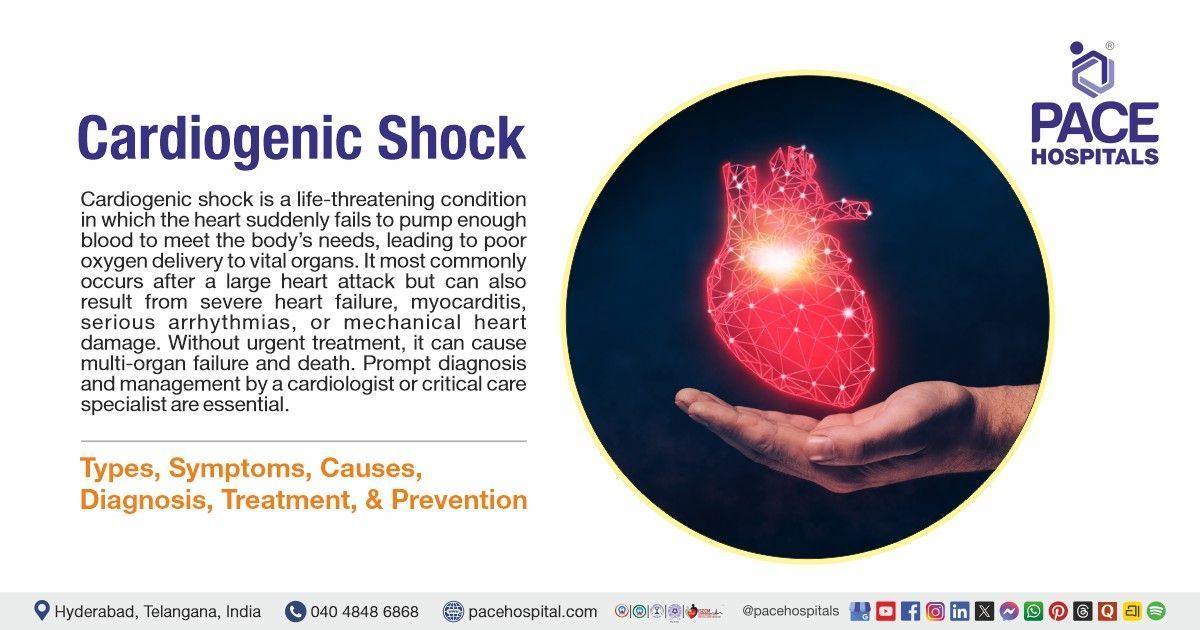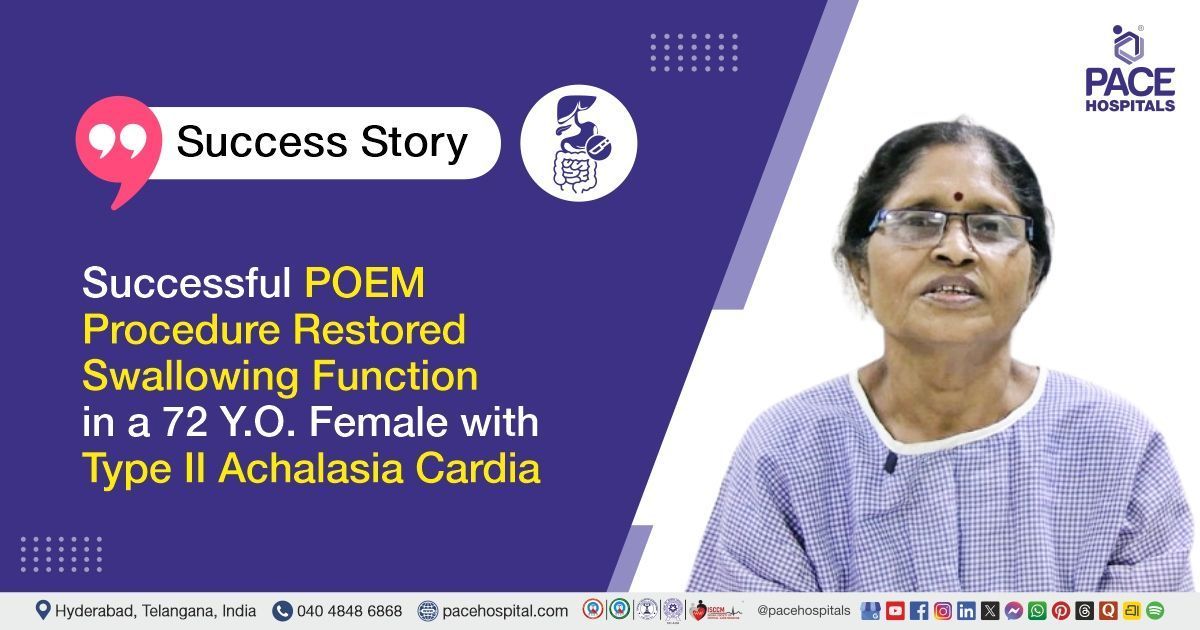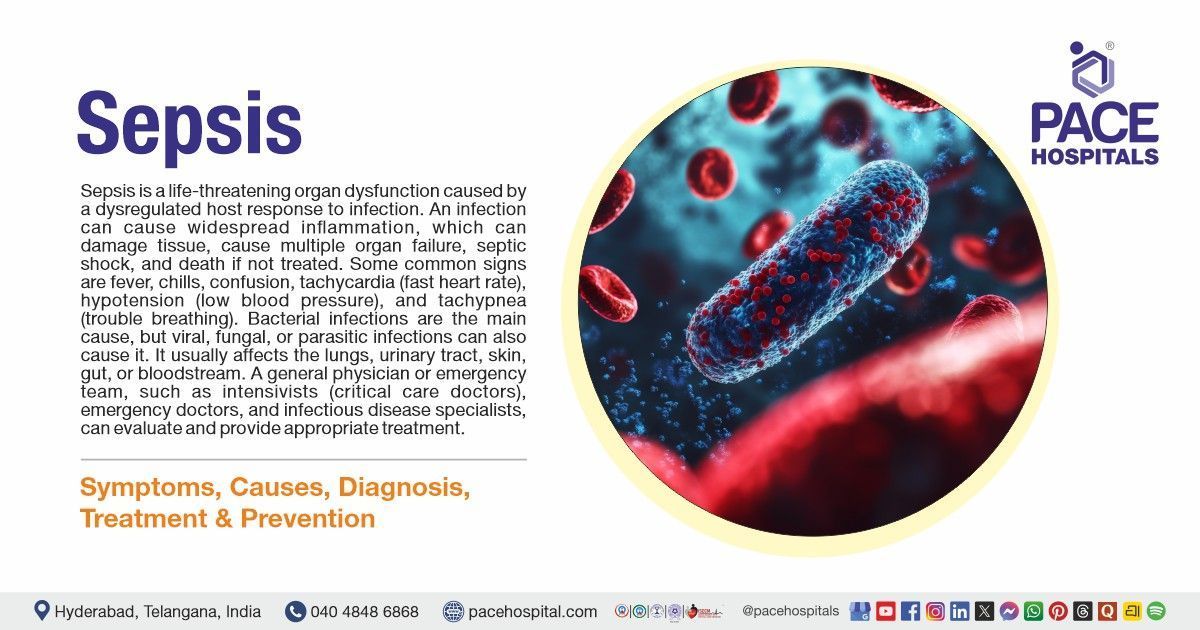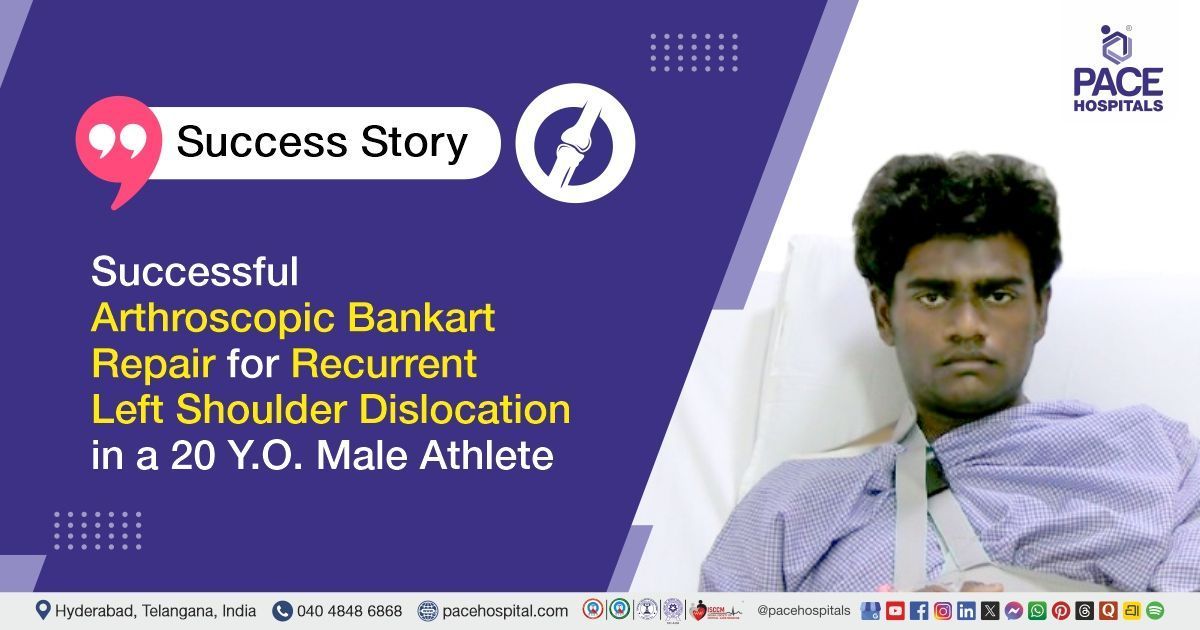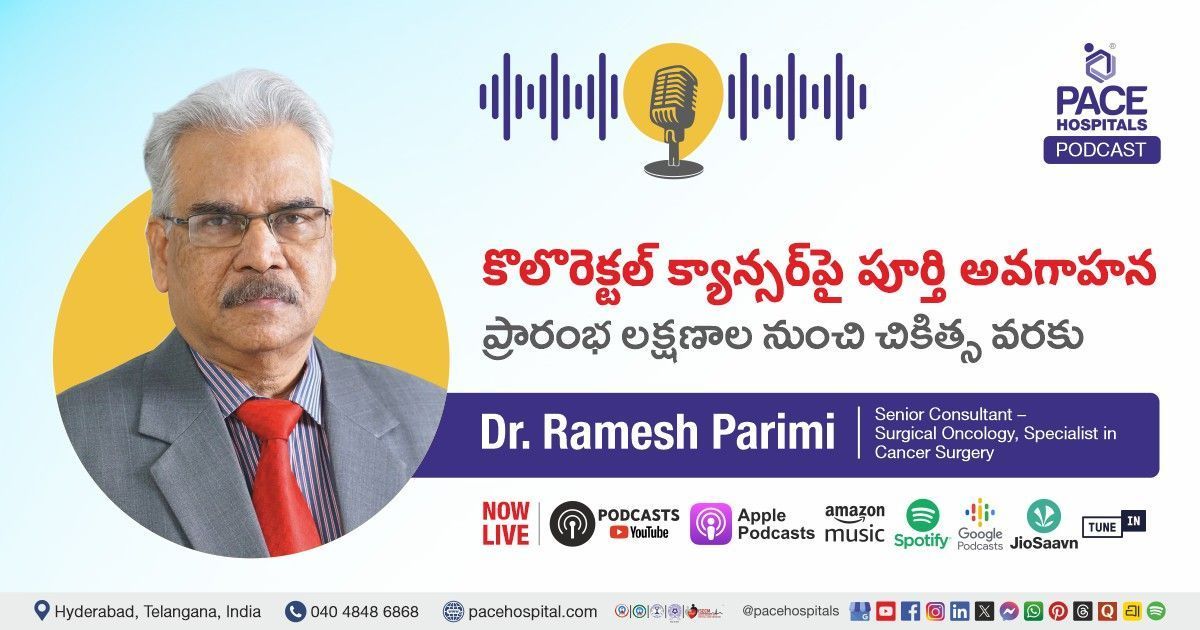FODMAP diet for people with irritable bowel syndrome (IBS)
PACE Hospitals
FODMAPs?
FODMAPs are short chain carbohydrates and sugar alcohols that are poorly digested by the body. They ferment in the large intestine (bowel) during digestion, drawing in water and producing carbon dioxide, hydrogen, and methane gas that causes the intestine to expand. This causes GI symptoms such as bloating and pain that are common in disorders like IBS.
FODMAPs are in some foods naturally or as additives. They include fructose (in fruits and vegetables), fructans (like fructose, found in some vegetables and grains), lactose (dairy), galactans (legumes), and polyols (artificial sweeteners).
A low-FODMAP diet consists in the global restriction of all fermentable carbohydrates, that is recommended only for a short time.
FODMAP stands for Fermentable Oligosaccharides, Disaccharides, Monosaccharides, And Polyols, which are short chain carbohydrates and sugar alcohols that are poorly absorbed by the body, resulting in abdominal pain and bloating.
A low-FODMAP diet is recommended for managing patients with irritable bowel syndrome and can reduce digestive symptoms of IBS including bloating and flatulence.
Low FODMAP Diet, Foods to eat.
High FODMAP Diet, Foods to avoid.
Frequently Asked Questions on the FODMAP Diet for Irritable Bowel Syndrome (IBS)
Why is the FODMAP diet commonly recommended for people with Irritable Bowel Syndrome (IBS)?
The FODMAP diet limits specific fermentable carbohydrates that are poorly absorbed in the intestine. In individuals with Irritable Bowel Syndrome (IBS), these carbohydrates can trigger abdominal pain, bloating, gas, and altered bowel habits. Reducing these dietary triggers often leads to better symptom control and improved digestive comfort.
Can all IBS patients benefit from a low FODMAP diet?
Not everyone with IBS responds in the same way. While many individuals experience symptom relief, others may only identify a few specific triggers. The effectiveness of the low FODMAP diet depends on individual gut sensitivity and nutritional deficiencies and alterations in gut microbiota.
Why do FODMAPs cause bloating and discomfort in IBS?
FODMAPs attract water into the intestine and ferment rapidly, producing gas. In those with IBS, the gut is more sensitive to stretching and pressure, which causes bloating and abdominal discomfort.
What Indian foods are suitable for a low FODMAP diet?
Several traditional Indian meals can be incorporated on a low FODMAP diet if made simply and consumed in proper portions. Plain rice, rice-based foods such as idli or dosa (without onion and garlic), and moderately sized chapatis are often well accepted. Low FODMAP vegetables include bottle gourd, ridge gourd, pumpkin, carrot, and spinach. Many people may benefit from protein sources such as paneer (in moderation), eggs, and plain yogurt (curd). Using basic spices instead of onion and garlic makes Indian dishes more IBS-friendly while still keeping flavor.
Are IBS symptoms always food-related?
Food is a primary trigger, but sleep quality, stress, and gut-brain contact all play a role in IBS symptoms. Dietary therapy works best when combined with lifestyle management.
Can the FODMAP diet help constipation-predominant IBS?
Yes. A modified low FODMAP diet may help reduce bloating and discomfort, indirectly improving bowel regularity in some individuals with constipation-predominant IBS.
Can long-term FODMAP restriction cause nutritional deficiencies?
If followed too strictly for long periods, it may limit nutrient variety. Professional guidance ensures adequate nutrition while managing IBS symptoms.
Is the FODMAP diet suitable for children or older adults?
The diet can be tailored to several age groups, including children and adults, although medical supervision cannot be ignored and is recommended to ensure nutritional demands are satisfied properly.
Does stress management improve the effectiveness of the FODMAP diet?
Yes. Stress has an impact on gut sensitivity and bowel movement habits. Combining dietary adjustments with stress management can typically improve IBS outcomes.
How does the FODMAP diet differ from a general healthy diet?
Unlike general healthy eating plans, the FODMAP diet is a therapeutic approach aimed specifically at symptom management. It focuses on identifying carbohydrate triggers rather than calorie intake, making it particularly useful for people with IBS.
Is the FODMAP diet meant to be followed permanently?
No. The strict elimination phase is temporary. Long-term success is achieved by finding tolerated foods and following a tailored version of the FODMAP diet that promotes nutrition and symptom control.
How soon can someone expect results from a low FODMAP diet?
Many individuals notice improvement within a few weeks, though response time varies. Consistency and proper food selection influence how quickly symptoms improve.
Is eating out difficult while following the FODMAP diet?
Dining out can be difficult owing to unknown ingredients. Understanding food composition and portion quantities makes the FODMAP diet more manageable in daily life.
Are fruits completely restricted on the FODMAP diet?
No, many fruits are acceptable in controlled quantities. The emphasis is on consuming low FODMAP foods rather than absolutely avoiding fruit entirely cannot be a solution.
Should probiotics be used along with the FODMAP diet?
Probiotics may help some individuals, but responses may vary. Their use should be personalized rather than routine for all IBS patients.
How does PACE Hospitals manage dietary care for IBS patients?
PACE Hospitals supports IBS care through:
- Identification of individual FODMAP triggers
- Structured elimination and reintroduction of different planning
- Detailed symptom and dietary evaluation
- Long-term nutrition plans and strategies to maintain gut health
When should someone consult PACE Hospitals for FODMAP diet guidance?
Consultation for FODMAP diet guidance is recommended when:
- There is confusion about low FODMAP foods
- Bloating, pain, or bowel disturbances affect daily life
- IBS symptoms persist despite basic dietary changes
- Professional and specific medical supervision is required for safe diet planning
How does PACE Hospitals personalize the FODMAP diet?
Personalization at PACE Hospitals for FODMAP diet involves:
- Tailoring food choices based on tolerance
- Avoiding unnecessary long-term restrictions
- Assessing the severity and patterns of symptoms observed
- Maintaining balanced nutrition through dietary modifications
Does PACE Hospitals combine diet therapy with other IBS treatments?
Yes. At PACE Hospitals IBS treatment and management may include:
- Dietary therapy using the FODMAP diet
- Medical treatment when indicated
- Lifestyle and stress-management support
- Ongoing follow-up to adjust care plans
Why choose PACE Hospitals for IBS and FODMAP diet care?
PACE Hospitals is preferred for IBS treatment and FODMAP diet care due to following:
- Well-renowned and highly experienced gastroenterologists
- Focus on long-term digestive health and quality of life
- Patient-centered, stepwise treatment planning
- Evidence-based dietary guidance and medical management
Share on
Request an appointment
Fill in the appointment form or call us instantly to book a confirmed appointment with our super specialist at 04048486868

